Pres.Lee Jae Myung to prioritize national interest
입력 2025.08.22 (23:56)
수정 2025.08.22 (23:57)
읽어주기 기능은 크롬기반의
브라우저에서만 사용하실 수 있습니다.
[Anchor]
Now let's take a closer look at the agenda for the upcoming Korea-Japan and Korea-U.S. summit meetings, which are taking place at a crucial time.
President Lee Jae Myung emphasized that national interests are the top priority and conducted a final review of the meeting strategies and agenda.
We continue with reporter Bang Jun-won.
[Report]
The presidential office outlined the goals for the trip to the U.S. as stabilizing economic trade, modernizing security alliances, and exploring new areas of cooperation.
Discussions regarding the agricultural and livestock sector could become contentious, as South Korea and the U.S. made differing announcements during last month's tariff agreement process.
While the U.S. is pushing for further market openings, the South Korean government maintains its stance of adhering to current policies.
Defense cost negotiations are also exoected to be challenging.
The U.S. has proposed a 'modernization of the alliance' strategy, which includes additional burden-sharing for defense costs, demands for increased defense spending, and adjustments to the activities of U.S. forces in South Korea.
This comes amid increasing regional instability due to North Korea's nuclear threats, military cooperation between North Korea and Russia, and U.S.-China rivalry.
National Security Office Director Wi Sung-lac stated that through the modernization of the alliance, the combined defense posture between South Korea and the U.S. will be further strengthened.
New areas for cooperation between South Korea and the U.S. include shipbuilding, nuclear energy, artificial intelligence, and semiconductors.
There is also interest in whether the revision of the Korea-U.S. nuclear agreement, which includes the issue of nuclear fuel reprocessing, will yield meaningful results.
Additionally, the possibility of a U.S.-China summit at the APEC leaders' meeting in Gyeongju in October was mentioned, which is interpreted as a willingness to translate diplomatic achievements into peace-building on the Korean Peninsula.
The Korea-Japan summit scheduled for tomorrow (Aug. 23) is focused on restoring 'shuttle diplomacy'.
However, since this is the first summit diplomacy of the Lee administration, it remains uncertain whether a significant declaration like the Kim Dae-jung-Obuchi declaration will be issued.
Ahead of the Korea-U.S. summit in three days, Foreign Minister Cho Hyun and Chief Trade Negotiator Yeo Han-koo have already arrived in the U.S., followed by Minister of Trade, Industry and Energy Kim Jung-kwan today (Aug. 22).
It is unusual for key diplomatic and trade ministers to gather in the U.S. without stopping in Japan. President Lee Jae Myung conducted a final review of the summit agenda this afternoon without scheduling any separate events.
This is KBS News, Bang Jun-won.
Now let's take a closer look at the agenda for the upcoming Korea-Japan and Korea-U.S. summit meetings, which are taking place at a crucial time.
President Lee Jae Myung emphasized that national interests are the top priority and conducted a final review of the meeting strategies and agenda.
We continue with reporter Bang Jun-won.
[Report]
The presidential office outlined the goals for the trip to the U.S. as stabilizing economic trade, modernizing security alliances, and exploring new areas of cooperation.
Discussions regarding the agricultural and livestock sector could become contentious, as South Korea and the U.S. made differing announcements during last month's tariff agreement process.
While the U.S. is pushing for further market openings, the South Korean government maintains its stance of adhering to current policies.
Defense cost negotiations are also exoected to be challenging.
The U.S. has proposed a 'modernization of the alliance' strategy, which includes additional burden-sharing for defense costs, demands for increased defense spending, and adjustments to the activities of U.S. forces in South Korea.
This comes amid increasing regional instability due to North Korea's nuclear threats, military cooperation between North Korea and Russia, and U.S.-China rivalry.
National Security Office Director Wi Sung-lac stated that through the modernization of the alliance, the combined defense posture between South Korea and the U.S. will be further strengthened.
New areas for cooperation between South Korea and the U.S. include shipbuilding, nuclear energy, artificial intelligence, and semiconductors.
There is also interest in whether the revision of the Korea-U.S. nuclear agreement, which includes the issue of nuclear fuel reprocessing, will yield meaningful results.
Additionally, the possibility of a U.S.-China summit at the APEC leaders' meeting in Gyeongju in October was mentioned, which is interpreted as a willingness to translate diplomatic achievements into peace-building on the Korean Peninsula.
The Korea-Japan summit scheduled for tomorrow (Aug. 23) is focused on restoring 'shuttle diplomacy'.
However, since this is the first summit diplomacy of the Lee administration, it remains uncertain whether a significant declaration like the Kim Dae-jung-Obuchi declaration will be issued.
Ahead of the Korea-U.S. summit in three days, Foreign Minister Cho Hyun and Chief Trade Negotiator Yeo Han-koo have already arrived in the U.S., followed by Minister of Trade, Industry and Energy Kim Jung-kwan today (Aug. 22).
It is unusual for key diplomatic and trade ministers to gather in the U.S. without stopping in Japan. President Lee Jae Myung conducted a final review of the summit agenda this afternoon without scheduling any separate events.
This is KBS News, Bang Jun-won.
■ 제보하기
▷ 카카오톡 : 'KBS제보' 검색, 채널 추가
▷ 전화 : 02-781-1234, 4444
▷ 이메일 : kbs1234@kbs.co.kr
▷ 유튜브, 네이버, 카카오에서도 KBS뉴스를 구독해주세요!
- Pres.Lee Jae Myung to prioritize national interest
-
- 입력 2025-08-22 23:56:32
- 수정2025-08-22 23:57:39
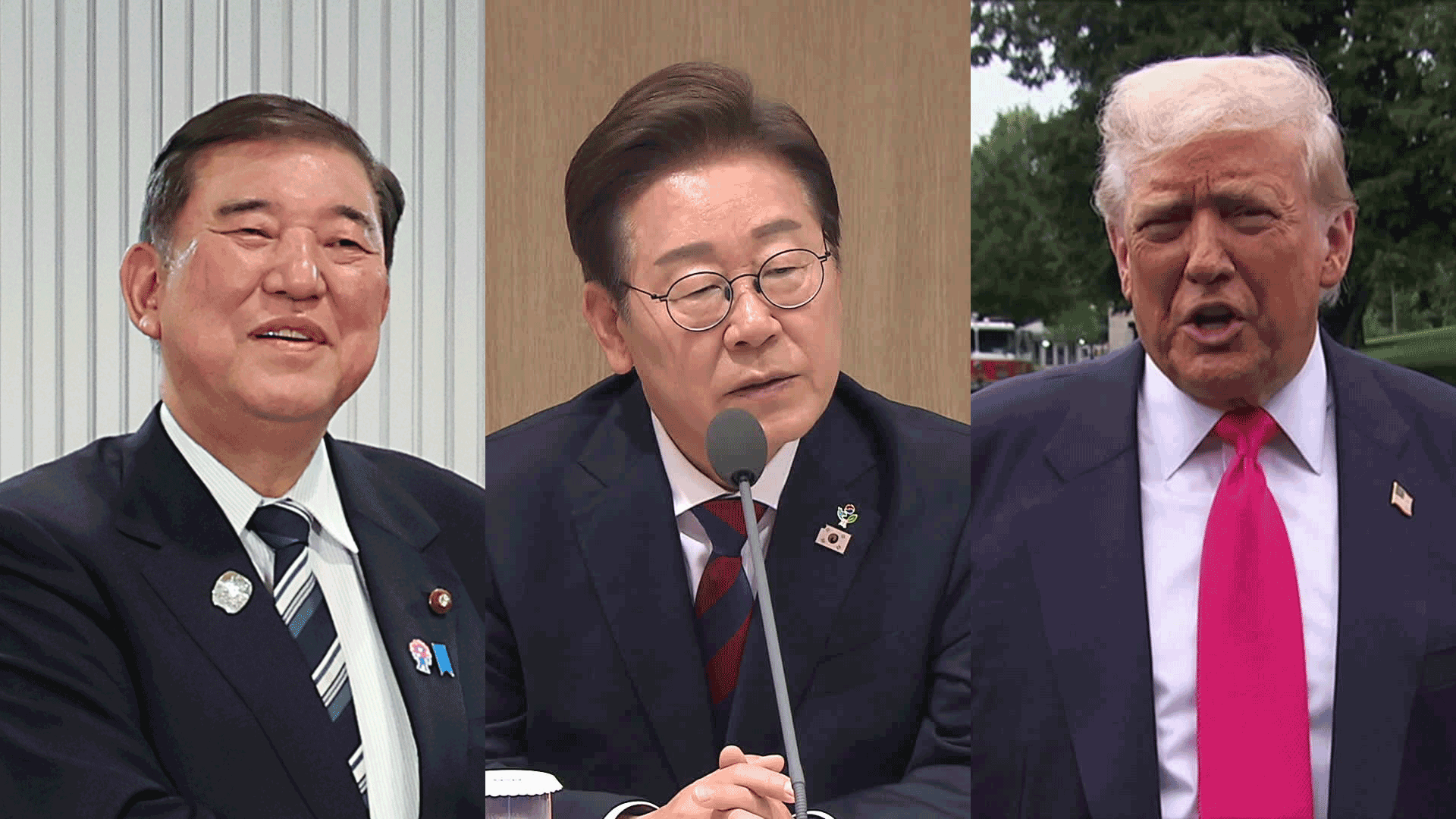
[Anchor]
Now let's take a closer look at the agenda for the upcoming Korea-Japan and Korea-U.S. summit meetings, which are taking place at a crucial time.
President Lee Jae Myung emphasized that national interests are the top priority and conducted a final review of the meeting strategies and agenda.
We continue with reporter Bang Jun-won.
[Report]
The presidential office outlined the goals for the trip to the U.S. as stabilizing economic trade, modernizing security alliances, and exploring new areas of cooperation.
Discussions regarding the agricultural and livestock sector could become contentious, as South Korea and the U.S. made differing announcements during last month's tariff agreement process.
While the U.S. is pushing for further market openings, the South Korean government maintains its stance of adhering to current policies.
Defense cost negotiations are also exoected to be challenging.
The U.S. has proposed a 'modernization of the alliance' strategy, which includes additional burden-sharing for defense costs, demands for increased defense spending, and adjustments to the activities of U.S. forces in South Korea.
This comes amid increasing regional instability due to North Korea's nuclear threats, military cooperation between North Korea and Russia, and U.S.-China rivalry.
National Security Office Director Wi Sung-lac stated that through the modernization of the alliance, the combined defense posture between South Korea and the U.S. will be further strengthened.
New areas for cooperation between South Korea and the U.S. include shipbuilding, nuclear energy, artificial intelligence, and semiconductors.
There is also interest in whether the revision of the Korea-U.S. nuclear agreement, which includes the issue of nuclear fuel reprocessing, will yield meaningful results.
Additionally, the possibility of a U.S.-China summit at the APEC leaders' meeting in Gyeongju in October was mentioned, which is interpreted as a willingness to translate diplomatic achievements into peace-building on the Korean Peninsula.
The Korea-Japan summit scheduled for tomorrow (Aug. 23) is focused on restoring 'shuttle diplomacy'.
However, since this is the first summit diplomacy of the Lee administration, it remains uncertain whether a significant declaration like the Kim Dae-jung-Obuchi declaration will be issued.
Ahead of the Korea-U.S. summit in three days, Foreign Minister Cho Hyun and Chief Trade Negotiator Yeo Han-koo have already arrived in the U.S., followed by Minister of Trade, Industry and Energy Kim Jung-kwan today (Aug. 22).
It is unusual for key diplomatic and trade ministers to gather in the U.S. without stopping in Japan. President Lee Jae Myung conducted a final review of the summit agenda this afternoon without scheduling any separate events.
This is KBS News, Bang Jun-won.
Now let's take a closer look at the agenda for the upcoming Korea-Japan and Korea-U.S. summit meetings, which are taking place at a crucial time.
President Lee Jae Myung emphasized that national interests are the top priority and conducted a final review of the meeting strategies and agenda.
We continue with reporter Bang Jun-won.
[Report]
The presidential office outlined the goals for the trip to the U.S. as stabilizing economic trade, modernizing security alliances, and exploring new areas of cooperation.
Discussions regarding the agricultural and livestock sector could become contentious, as South Korea and the U.S. made differing announcements during last month's tariff agreement process.
While the U.S. is pushing for further market openings, the South Korean government maintains its stance of adhering to current policies.
Defense cost negotiations are also exoected to be challenging.
The U.S. has proposed a 'modernization of the alliance' strategy, which includes additional burden-sharing for defense costs, demands for increased defense spending, and adjustments to the activities of U.S. forces in South Korea.
This comes amid increasing regional instability due to North Korea's nuclear threats, military cooperation between North Korea and Russia, and U.S.-China rivalry.
National Security Office Director Wi Sung-lac stated that through the modernization of the alliance, the combined defense posture between South Korea and the U.S. will be further strengthened.
New areas for cooperation between South Korea and the U.S. include shipbuilding, nuclear energy, artificial intelligence, and semiconductors.
There is also interest in whether the revision of the Korea-U.S. nuclear agreement, which includes the issue of nuclear fuel reprocessing, will yield meaningful results.
Additionally, the possibility of a U.S.-China summit at the APEC leaders' meeting in Gyeongju in October was mentioned, which is interpreted as a willingness to translate diplomatic achievements into peace-building on the Korean Peninsula.
The Korea-Japan summit scheduled for tomorrow (Aug. 23) is focused on restoring 'shuttle diplomacy'.
However, since this is the first summit diplomacy of the Lee administration, it remains uncertain whether a significant declaration like the Kim Dae-jung-Obuchi declaration will be issued.
Ahead of the Korea-U.S. summit in three days, Foreign Minister Cho Hyun and Chief Trade Negotiator Yeo Han-koo have already arrived in the U.S., followed by Minister of Trade, Industry and Energy Kim Jung-kwan today (Aug. 22).
It is unusual for key diplomatic and trade ministers to gather in the U.S. without stopping in Japan. President Lee Jae Myung conducted a final review of the summit agenda this afternoon without scheduling any separate events.
This is KBS News, Bang Jun-won.
-
-
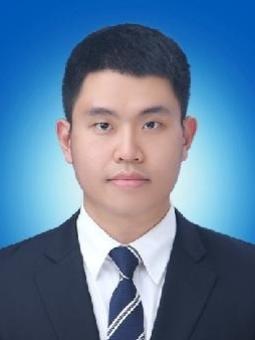
방준원 기자 pcbang@kbs.co.kr
방준원 기자의 기사 모음
-
이 기사가 좋으셨다면
-
좋아요
0
-
응원해요
0
-
후속 원해요
0










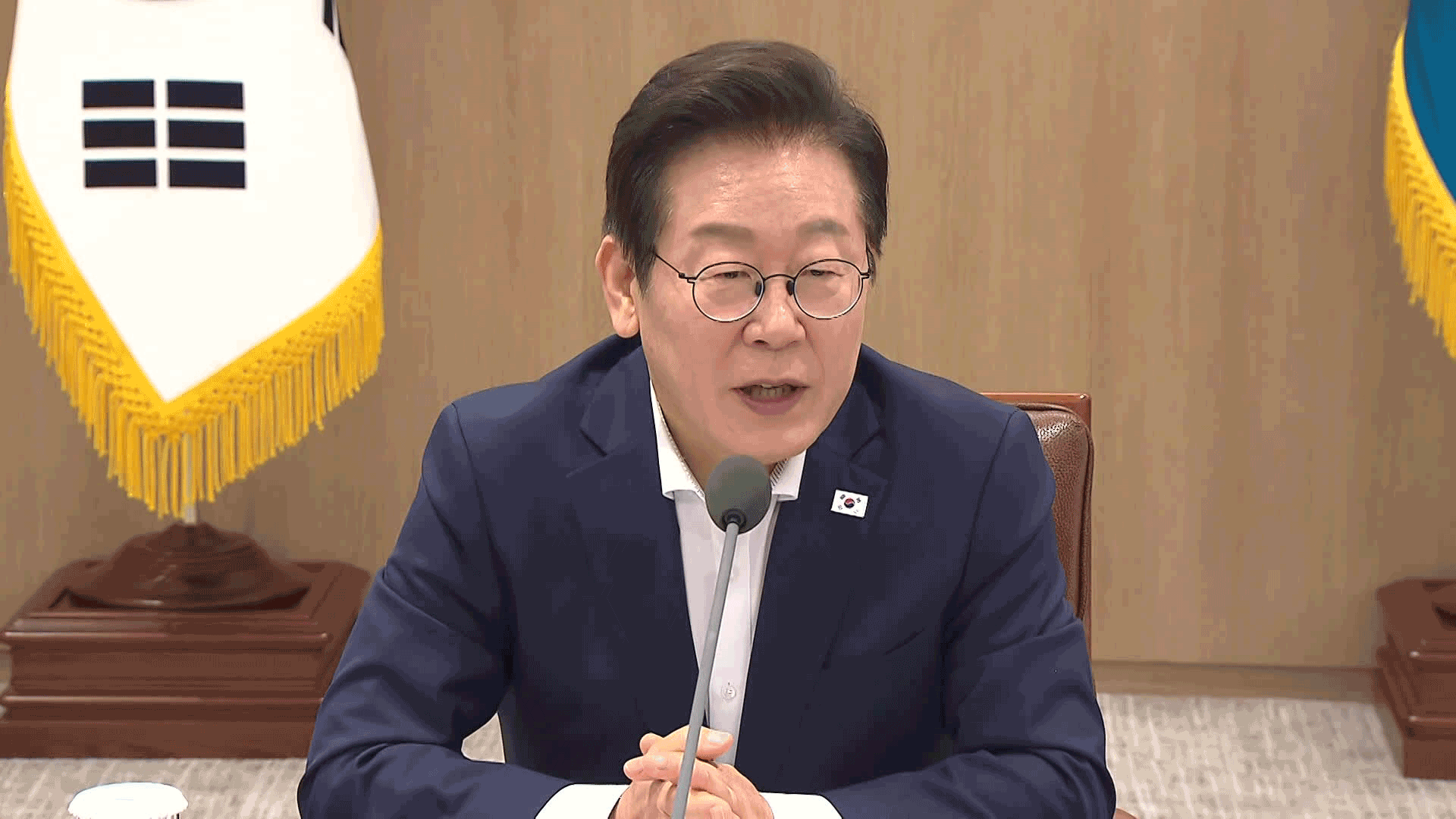
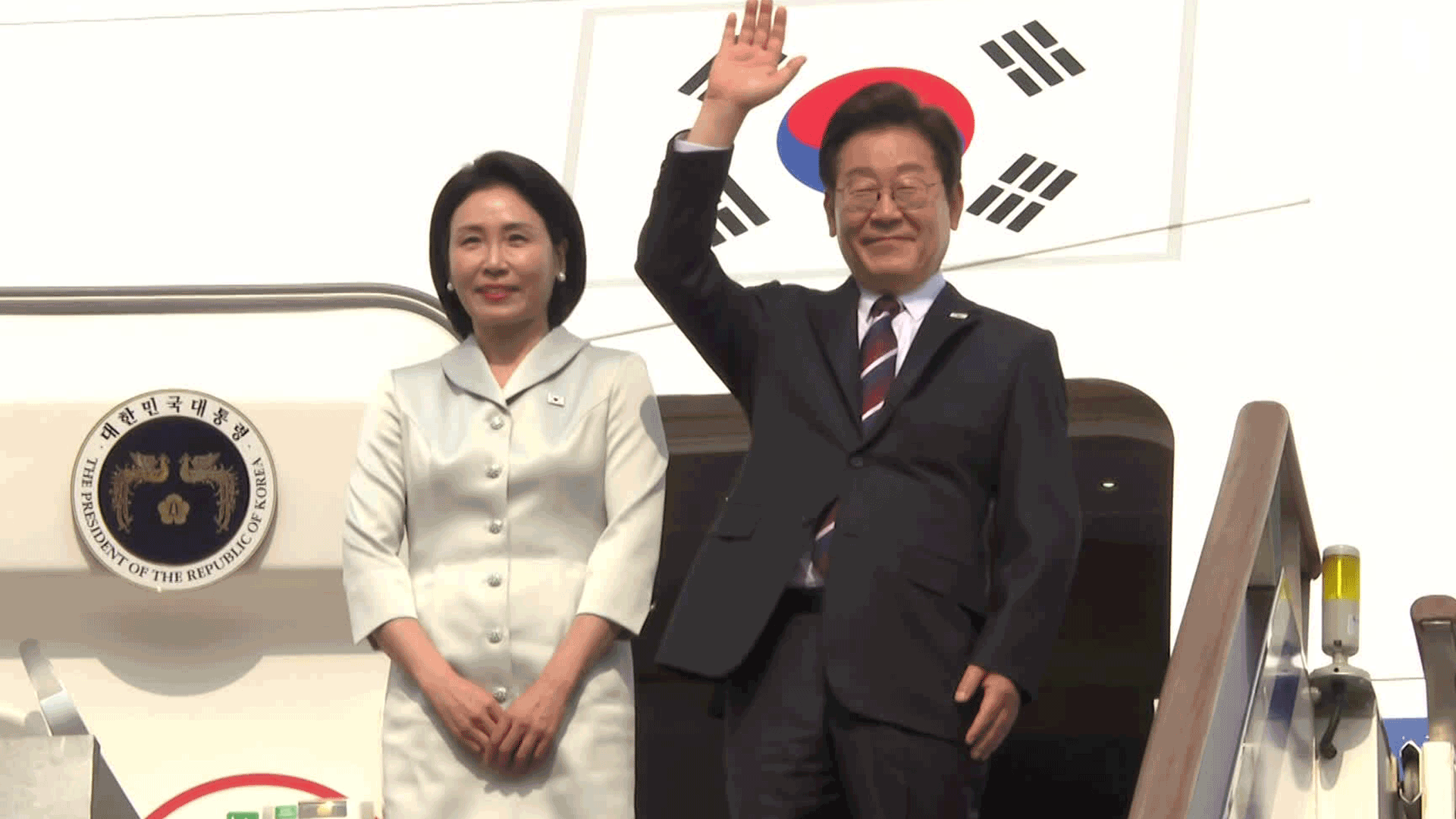
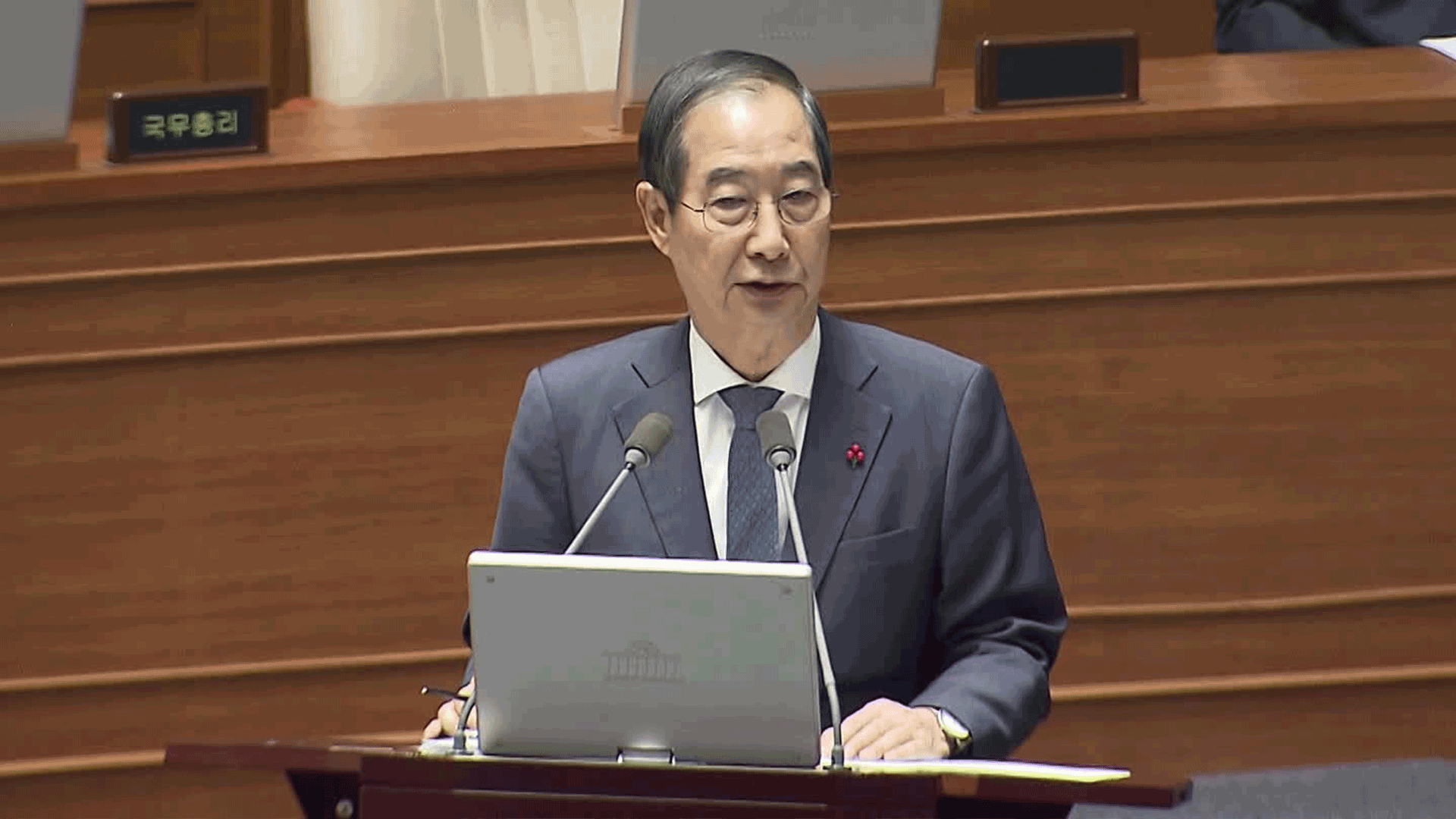
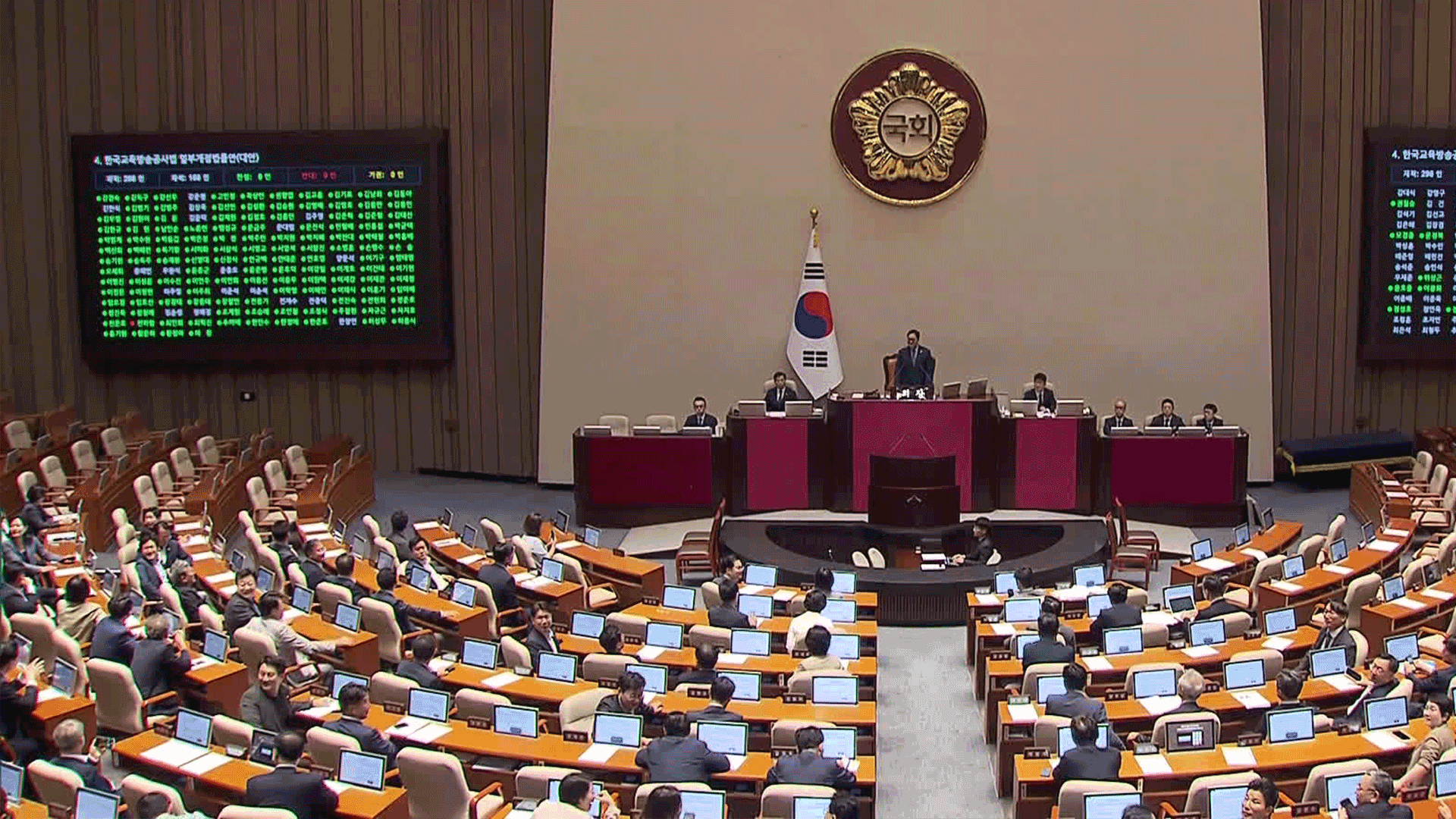

이 기사에 대한 의견을 남겨주세요.